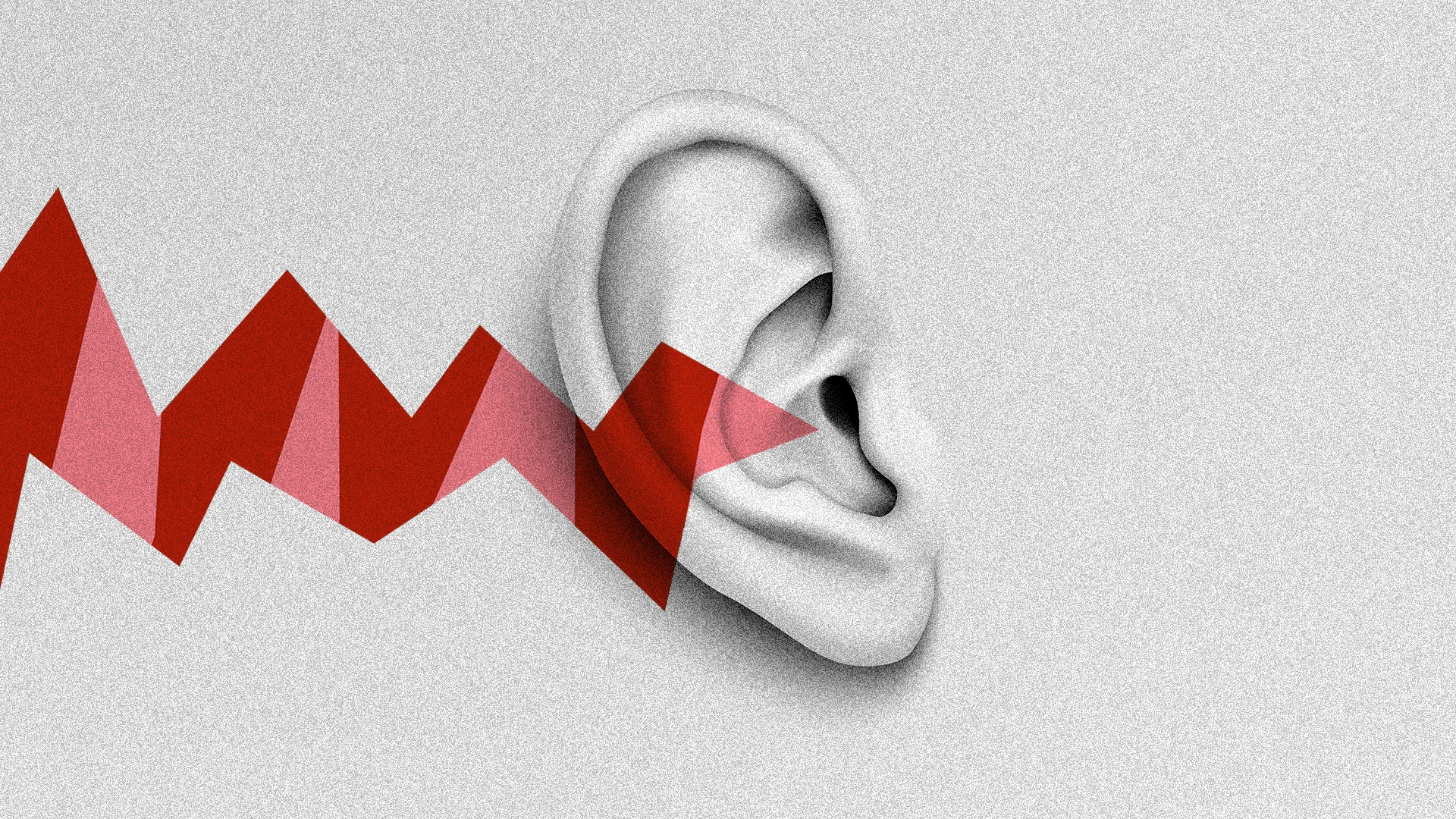Steven Pressfield, in his bestseller The Art of War, says: “The professional gives an ear to criticism, seeking to learn and grow.”
If you’re a writer (or any creator), you probably know this to be true. You’ve likely tried to accept feedback in a bid to improve your work. But I’m willing to bet that every time someone doesn’t like what you wrote or produced, it stings. And it’s personal, too.
Anytime I’m in a presentation, my fight or flight response kicks in—usually, a half-second before my headlines hit the screen. Will the customer hate it? Or not understand it? Do I even know what I’m talking about? Maybe I should leave this meeting right now.
I know that I’m not alone, so I asked a few of my favorite authors, speechwriters, and content creators how they stay the course when criticism and feedback rear its ugly and inevitable head.
Learn when to trust your own judgment
Most people give you feedback to try and help you be better, not to lower your self-esteem. But as a creator, you know your work better than anyone else, so be selective about whose feedback you take to heart.
Amy Morin, author of the international bestseller 13 Things Mentally Strong People Don’t Do, says, “When editors and other people give you constructive criticism, their intention is not to break you down. In most cases, they are trying to help you be the best you can be. And many times, their suggestions are just what you need to help bring out your own creativity in the best way.”
However, she adds, “It’s also good to remember that someone else’s opinion isn’t necessarily fact. There are times when you need to trust your own judgment.” In the end, Morin says, “You need to feel comfortable with what you’re delivering to the world.”
But accept that you’re not always right
For many creators, their work represents their identity. As a result, if someone doesn’t view their work favorably, it can be challenging to respond graciously. Jeff Pearlman, author of Showtime: Magic, Kareem, Riley and The Los Angeles Lakers Dynasty of the 1980s, knows this all too well. He says, “When I was younger, I was really bad at this. My first job, at The Tennessean—was plagued by my awful attitude toward changes, and I owe every editor an apology for my behavior. Pearlman says he’s gotten better with age. “First, I remind myself that today’s article is tomorrow’s fish wrap (whether it’s online or print). Second, I try to keep an open mind,” he explains.
“I’m probably a better writer now than 20 years ago, but I’m also more willing to admit I’m not perfect, and sometimes ideas from others are good ones. Not everything has to come from me,” Pearlman admits, “So, I guess, the key is perspective.”
Acknowledge that no matter what, you won’t be able to please everyone
You might be an award-winning comedian, but there will always be someone who doesn’t like your skit. That doesn’t mean you’re a failure.
“All kinds of people have all kinds of opinions; if you try to write for everyone, you’ll end up writing for no one,” Brad Stulberg, the author of The Passion Paradox and Peak Performance, tells me. “People not loving your stuff is part and parcel of the gig, it’s going to happen if you have skin in the game.”
Jess Liebson, global communications specialist at Berry Global Inc., says that criticism can be an opportunity to engage with your audience. “In today’s political climate, even the most positive stories receive criticism,” Liebson says. “Some people shy away from the climate, but I embrace it. It means that people are passionate, and people are willing to partake in real discussions.”
See it as an opportunity to produce better work
Remember, criticism is an opportunity to improve your work. West Wing Writers managing partner Vinca LaFleur says, “As a speechwriter, my goal is to capture not only how a client sounds (or aspires to sound) but, more important, how they think, so at first it can feel disheartening when a speaker comes back with lots of edits on a draft.”
She notes that revising is part of the process. “Sometimes a speaker needs a first draft in hand in order to clarify for themselves what they really want to say,” LaFleur observes. “Speechwriting at its best isn’t being a scribe, it’s being a collaborator and thought partner,” she says. “Passing a draft back and forth can be a wonderful experience for writer and speaker alike; and when a client has feedback to share, it means they’re engaged in the process and invested in the material, which means they’ll do a better job of delivery, too.”
Don’t take it personally
Sometimes, one’s criticism of your work has nothing to do with your work, and everything to do with how your reader or audience feels about a particular thing. Laura Bednar, a content writer for SECURDEDATA, knows this all too well. As a newspaper writer, she sees comments from readers when her articles are posted online. While some are helpful, others are less so.
“Sometimes the commenters will challenge what was written in the story even though the facts are backed up by the source,” she says. “It can get pretty harsh, and one complaint can lead into a paragraph-long rant about the negative aspects of the media,” says Bednar. “I take these comments with a grain of salt. My editors always review my work, and often the best plan of action is to ignore the comments and simply keep reporting the truth.”
It’s always nice to know other writers feel the same way you do. As Stulberg points out, “Feedback and criticism are going to happen if you have skin in the game.”
Josh Womack is the cofounder of Laugh Staff and is responsible for creative direction, comedian selection, and being the only staff member to be in bed by 9 p.m.
